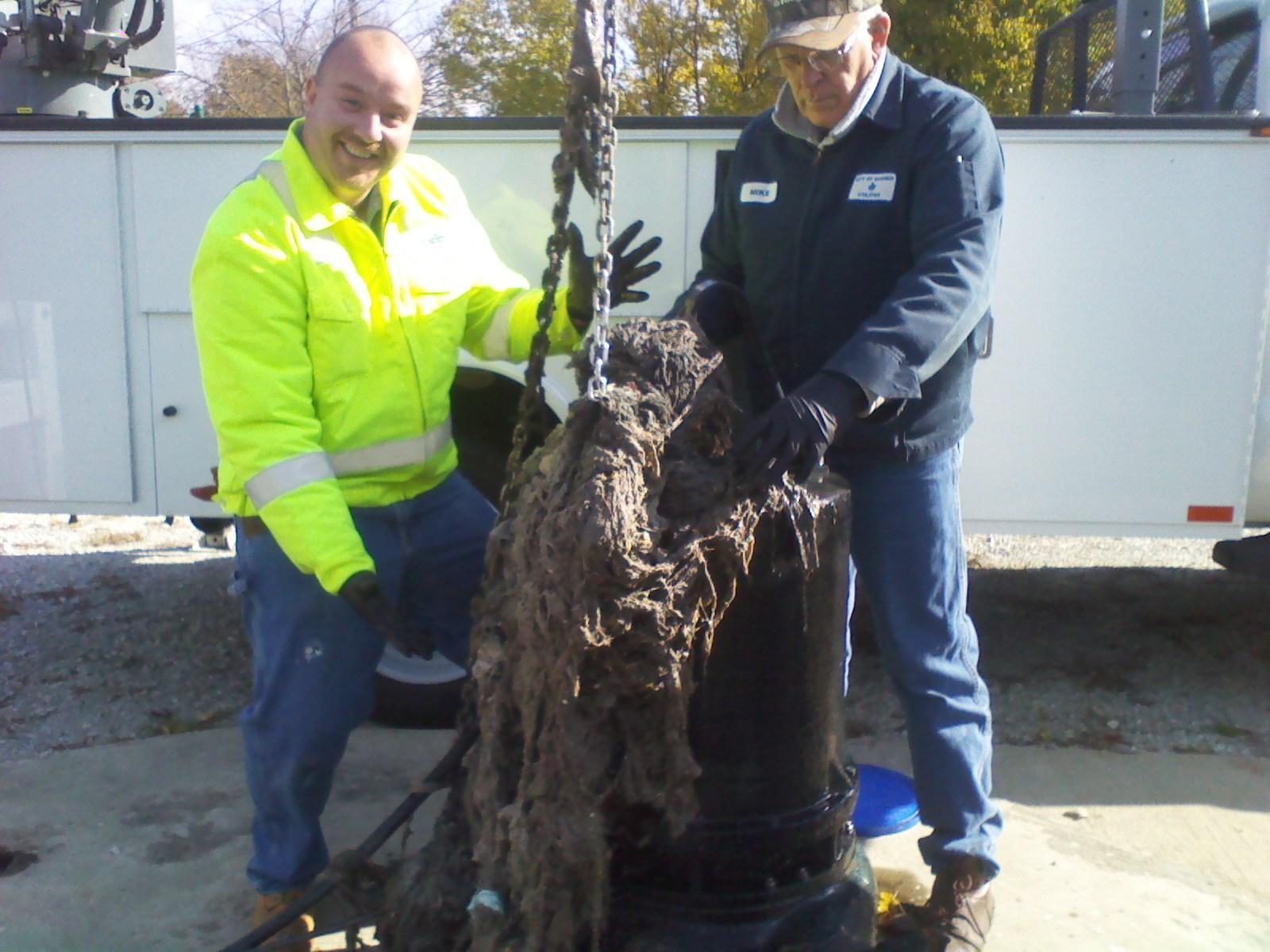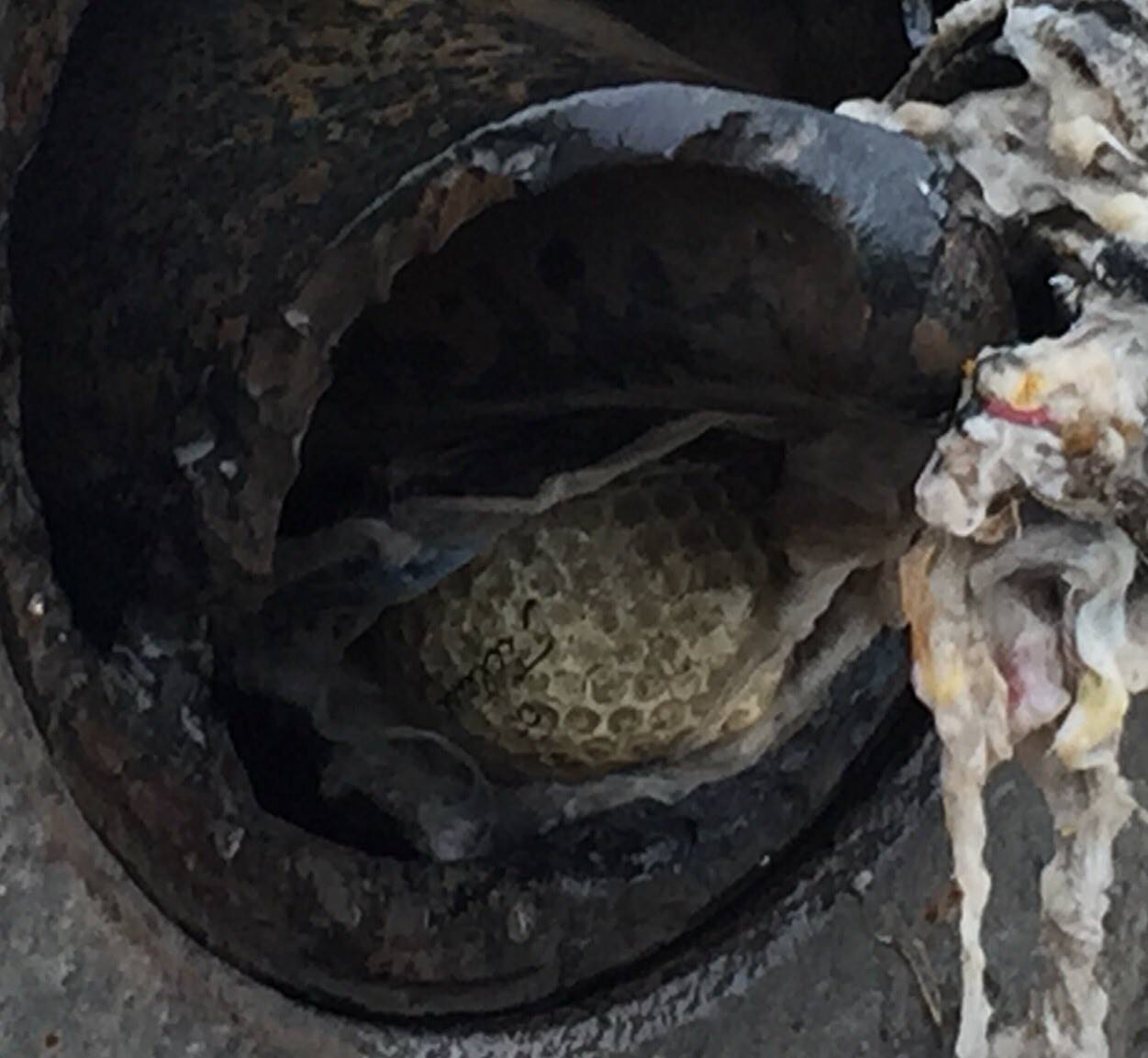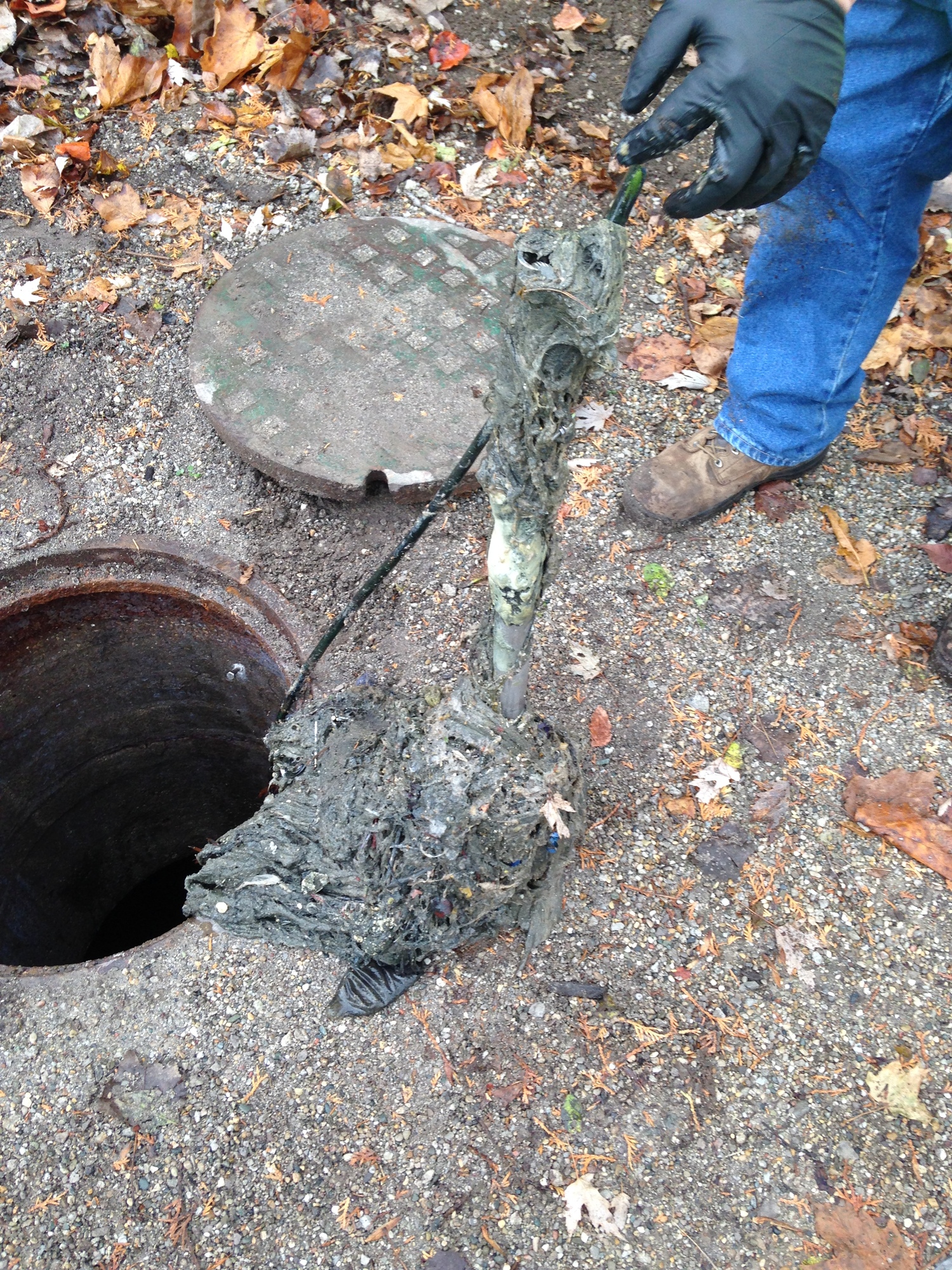News & Updates All »
Expect Closures at Crossings
Monday, May 6, 2024
Norfolk Southern has begun rail replacement ahead of schedule in Goshen. Closures will continue working West to East and North to South. Norfolk-Southern’s crews anticipate re-opening each crossing the same day it is closed. See the table below for an estimated schedule of closures for this week. Railroad... more
City Offices closed for Indiana Primary Election
Sunday, May 5, 2024
All Goshen City offices will be closed on Tuesday, May 7, for the Indiana Primary Election. The city holiday will NOT affect trash collection. more
Plymouth Avenue and 10th Street closure begins May 6
Friday, May 3, 2024
The intersection of Plymouth Avenue and 10th Street will be closed starting Monday, May 6, and continue until Friday, May 10th. Niblock Excavating will be reconstructing sanitary structures in the intersection of Plymouth Avenue and 10th Street during this time as part of the 10th Street Reconstruction... more
Upcoming Events All »
Board of Works
Today, 4:00pm
To join the webinar please copy and paste this link on your browser: https://us02web.zoom.us/j/88469251269
City Council
Monday, May 13, 2024, 6:00pm
To view a live stream of this meeting, go to https://us02web.zoom.us/j/81652777559 or call +1 305 224 1968, Webinar ID: 816 5277 7559. Comments are no longer taken online. https://us02web.zoom.us/j/81652777559
Redevelopment Commission Meeting
Tuesday, May 14, 2024, 3:00pm



